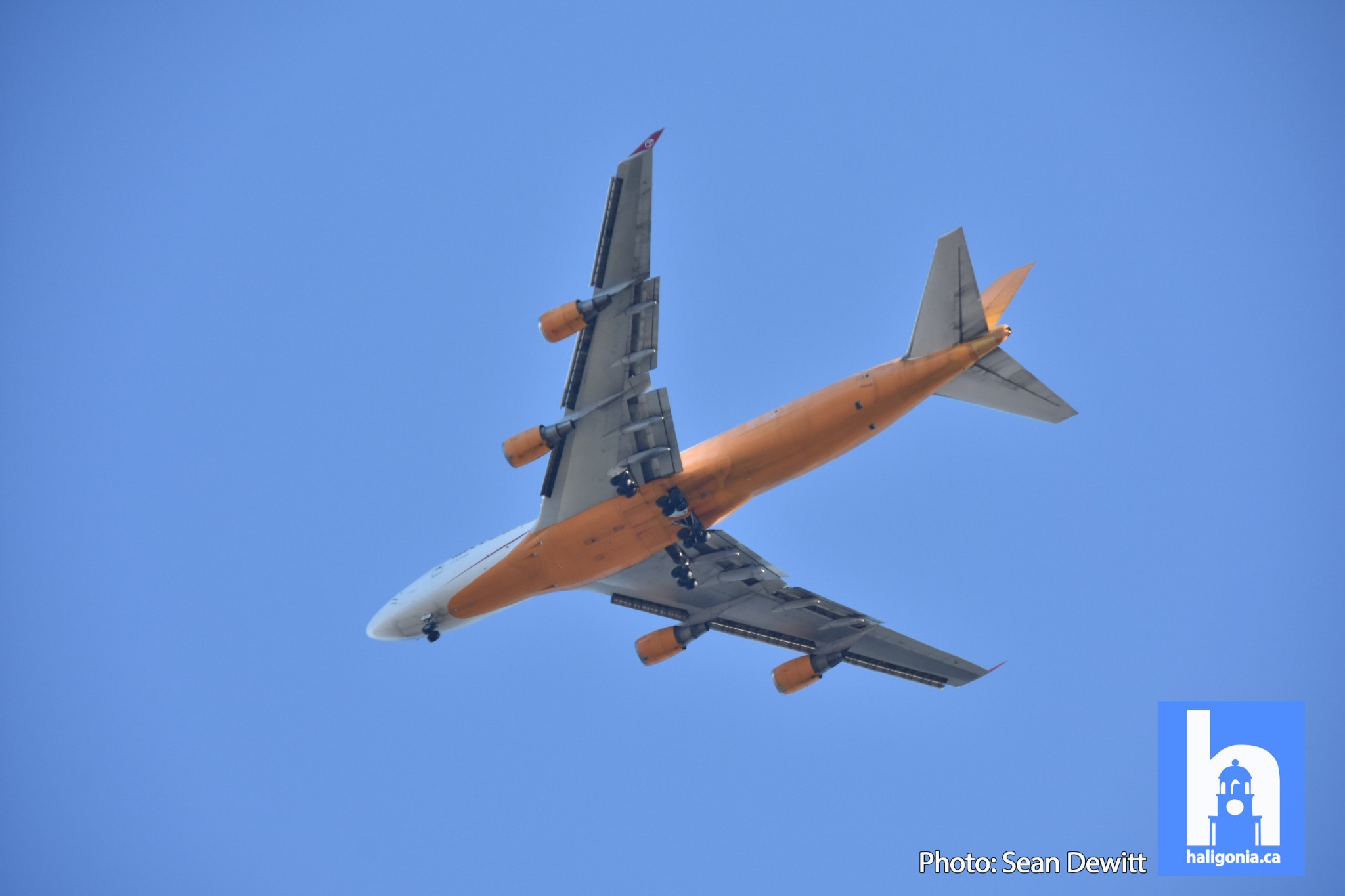**** CAA Media Release
Majority of Canadians unaware of new air traveller rights
More than half (56%) of Canadians still don’t know they have new rights as air travellers, according to research released today by CAA Atlantic.
“It is clear that the government and the airlines need to do more to ensure Canadians know their rights,” says
Gary Howard, vice president of communications for CAA Atlantic. “As we head into the holiday travel season, it’s
even more important travellers are aware of the new system and how to make claims.”
Nearly six months ago, the Government of Canada announced the first phase of an air passenger rights regime that includes compensation as high as $2,400 for being bumped, more money for lost or damaged baggage, and a requirement that airlines provide travellers with clear communications on their rights and how to claim them.
A second, bigger bundle of rights will be introduced December 15. New protections include cash compensation
for long delays and cancellations. In addition, airlines will be required to rebook or refund travel that is delayed
more than three hours or cancelled. And airlines will now be required to facilitate seating of children under the
age of 14 with their parent at no cost.
“CAA encourages passengers to learn their new rights and file a claim when they feel those protections have
been breached,” say Howard. “CAA will continue to represent the interest of travellers by tracking the regime’s
effectiveness and hold the Canadian Transportation Agency accountable.”
If an airline does not respond to a passenger’s claim accordingly, travellers are encouraged to visit the Canadian
Transportation Agency at www.airpassengerprotection.ca for more information or to file a complaint.
CAA operates one of the country’s largest leisure travel agencies and has been advocating for travellers for
decades.
The latest CAA findings are based on a poll of over 1,500 Canadians carried out from November 27 to December
4, 2019. A probability sample of the same size would yield a margin of error of +/-2.5%, 19 times out of 20.

